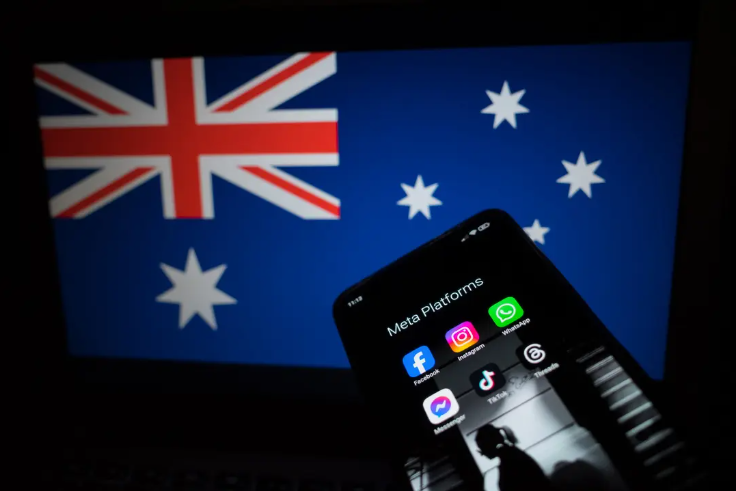China Sends Its Youngest Crew Ever to Space Station
China’s Shenzhou-17 mission took off Thursday morning from the Jiuquan Satellite Launch Center in northwest China as the country continues to grow its ambitious space program that hopes to send people to the moon by 2030....

Facts
- China’s Shenzhou-17 mission took off Thursday morning from the Jiuquan Satellite Launch Center in northwest China as the country continues to grow its ambitious space program that hopes to send people to the moon by 2030.1
- The six-month mission featured China’s youngest-ever crew and is heading to China’s Tiangong space station. Former Air Force pilot Tang Hongbo, 48, is leading the mission alongside Tang Shengjie, 33, and Jiang Xinlin, 35. Hongbo crewed the first mission to the space station in 2021, while his two colleagues have never been to space.2
- The trio took off from atop a Long March 2F rocket and reached Tiangong in about six-and-a-half hours, joining the three astronauts from the Shenzhou-16, which arrived at the space station in May and will depart on Oct. 31. The Shenzhou-17 crew will remain on the station to conduct a number of experiments and perform maintenance.3
- Hongbo is from China’s second batch of astronauts in 2010, while his crewmates are part of the third batch that joined in September 2020. The first two batches only featured former air force pilots, but China has since loosened restrictions. As it recruits its fourth batch, China is considering candidates with doctoral degrees as well as people from Hong Kong and Macau.2
- China has now sent six manned missions to its space station in the last two years. The country launched its first astronaut into space 20 years ago and has strived to become a major power in space exploration to compete with the US and Russia. China built its own station after being effectively banned from working with NASA in 2011.4
- The space rivalry is an extension of a broader competition between the US and China as the world’s two largest economies battle for economic, technological, and geopolitical supremacy. China already became the first country to land on the far side of the moon in 2019.4
Sources: 1Al Jazeera, 2Reuters, 3Space and 4CNN.
Narratives
- Pro-China narrative, as provided by South China Morning Post. While China is conducting successful and groundbreaking space missions at a rapid rate, the US continues to lag behind in this generation’s lunar race. China’s government and teams of astronauts are committed to reaching their goal of landing on the moon by 2030. However, the rival US is held back by bureaucratic red tape and overall dysfunction in its government. The US may have a head start in the space race, but China is ready to take the lead and never give it back.
- Anti-China narrative, as provided by The Conversation. The idea of a space race conjures memories of a key time in American history that brought a sense of national pride and unity, which is why so many people are hyping China as a new rival in a 21st-century competition. However, this is far from being true. While China may be making some notable strides in its space exploration sector, it lags so far behind the US that it cannot be considered a serious rival. Perhaps China can make things interesting over the next few decades, but it's not close at the moment.






